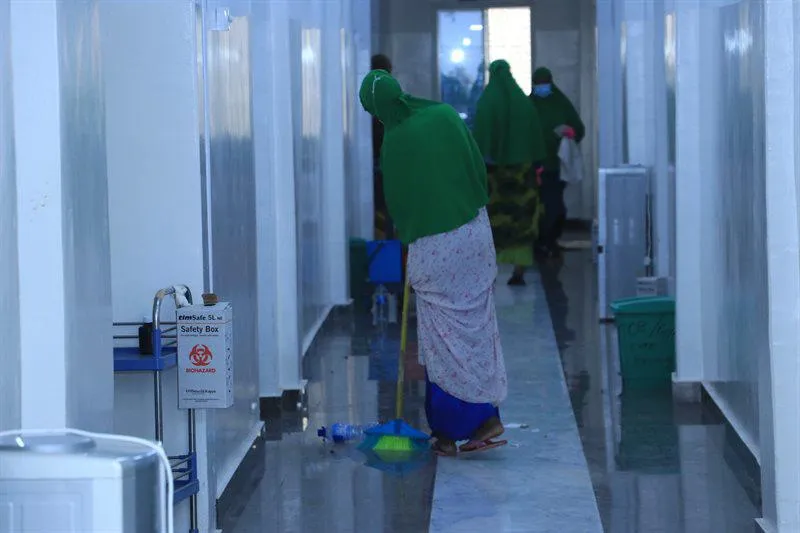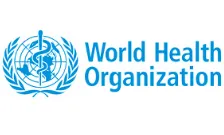UK Partnerships for Health Service Quality Improvement
King’s Global Health Partnerships is delivering a pilot project in Somaliland to improve quality of health services. The project is laying the foundations for the development of a National Quality and Safety Strategy and testing an approach to improve the safety of care in 10 primary and secondary health facilities.
The Challenge
Globally, poor quality health care is a greater cause of mortality than poor access and in low- and middle-income countries (LMIC), it is estimated 5 million people die each year from preventable causes due to poor quality care.
Quality health services are those which are safe, effective, efficient, timely, equitable, integrated and people-centred. In Somaliland the barriers to quality care are vast. Poor quality care takes many different forms; from incorrect diagnoses for serious conditions to delays in the provision of care, to unclean facilities that can lead to infections and potentially fatal complications.
A 2020 assessment of Somaliland’s six regional hospitals found that none met international standards for preventing and controlling infection. Barriers included a lack of policies and guidelines, limited understanding amongst staff on how to prevent and control infection, a lack of hospital monitoring, poor water and sanitation infrastructure, and limited cleaning and waste disposal supplies to keep hospitals clean.
How KGHP is supporting our partners in Somaliland
With funding from the UK Department for Health and Social Care, we are implementing a 10-month pilot project to improve quality at multiple levels of the health system.

National Quality and Patient Safety Strategy
At national level, we are collaborating with the World Health Organisation (WHO) and Ministry of Health Development (MoHD) to start the process of developing a National Quality and Patient Safety strategy by conducting a national situational analysis on the state of quality healthcare.
Infection Prevention Control
At regional level, we are supporting Boroma Regional Hospital to assess the state of quality and patient safety. Infection prevention control (IPC) has been identified as an urgent priority and we are delivering a rapid package of improvement interventions. We are rehabilitating handwashing facilities, developing policies and guidelines on how to prevent and control infection and building capacity of staff – from management to cleaners – on effective infection prevention and water and sanitation practices.
Quality improvement at community health centres
At community level, we are supporting seven community health centres to make similar improvements. Drawing on learning from the NHS, the South London and the Maudsley NHS Trust delivered a course in quality improvement to policy makers and hospitals.
This project was delivered in partnership with the Ministry of Health Development (MoHD), World Health Organisation (WHO), Boroma Regional Hospital and South London and Maudsley (SLaM) NHS Trust.
It was funded through the Future International Workforce Programme, which is funded by the UK Department of Health and Social Care (DHSC) for the benefit of the UK and partner country health sectors.
Impact
- Delivered capacity building in quality improvement approaches and infection prevention control to 159 (109 female, 50 male) health workers and health leaders.
- Improved infection prevention control (IPC) at Boroma Regional Hospital and seven community health facilities – the hospital improved it’s score on the World Health Organisation IPC assessment from inadequate to intermediate.
- Produced a National Situational Analysis on the state of quality and patient safety in Somaliland – this lays the foundation for the development of a national strategy on quality of care.




